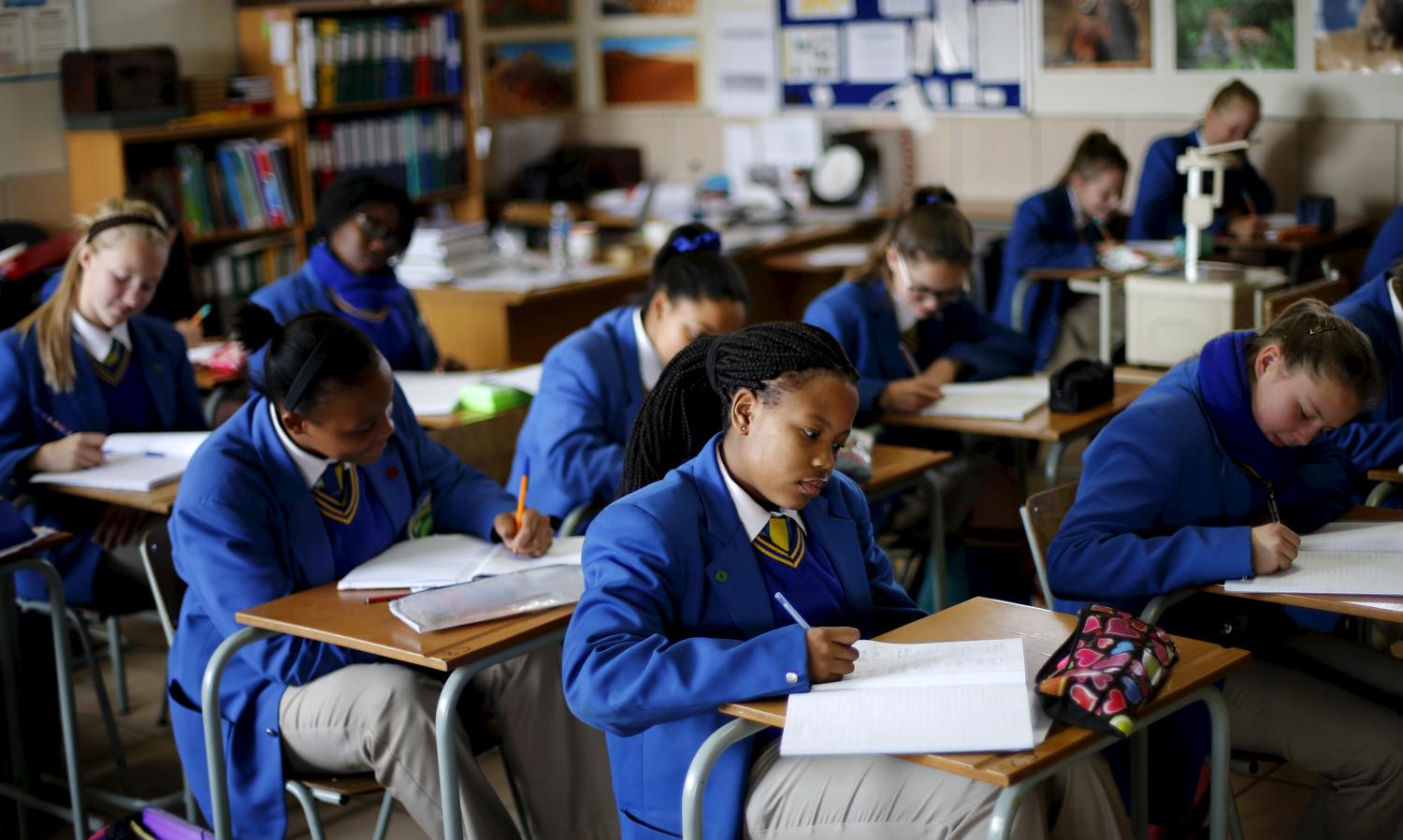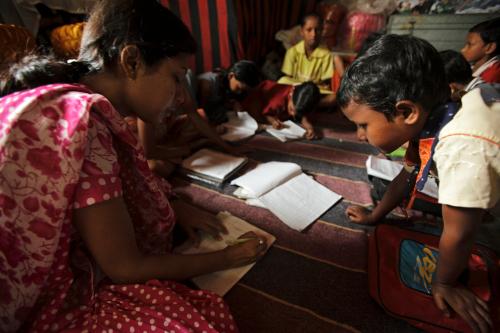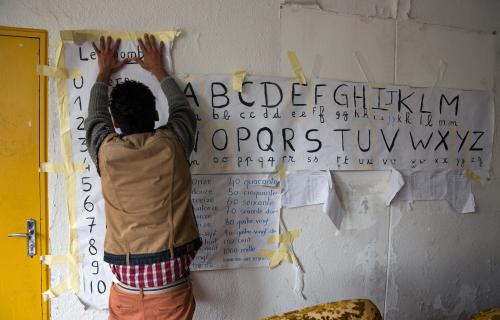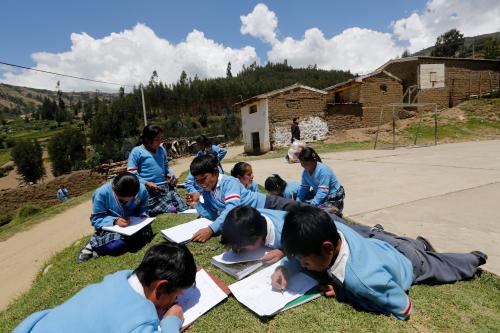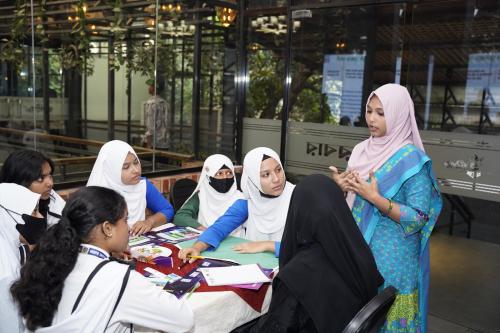Between 2012 and 2016, the Learning Metrics Task Force (LMTF) laid out an ambitious agenda for nations and the international community on how to define and measure learning in the context of the United Nations Sustainable Development Goals (SDGs). The first phase of the task force’s work—“LMTF 1.0”—focused on two main objectives in 2012 and 2013. One was to catalyze a shift in the global education conversation from increased education access, to access plus learning. The second was to build consensus on a set of global learning indicators and actions to improve measurement of learning worldwide.
The second phase—“LMTF 2.0”—took place between 2014 and 2016 and concentrated on applying the task force’s recommendations. This entailed influencing the SDG indicator process to include learning outcomes and developing practical strategies for countries and other jurisdictions to improve the measurement of learning across a broad range of skills.
This report describes the process undertaken by a group of 15 “Learning Champions”—countries, provinces, and cities—that came together to experiment with the LMTF 1.0 recommendations and develop strategies for improving their education systems. They did this by seeking to measure learning across the seven learning domains and seven measurement areas captured in the LMTF 1.0 recommendations. First, we describe these domains and measurement areas along with the structure of the Learning Champions initiative. Next, we present the experiences and activities of the 15 Learning Champions. Finally, we discuss the lessons learned from the initiative and present examples of the tools developed through it.
The report is intended to be more than just a record of an interesting experiment in educational assessment and policy. Rather, it should offer valuable insights and pertinent direction to education systems and their partners alike. We hope countries and other education jurisdictions will perceive concrete ideas and motivation for using their assessment systems to pursue their comprehensive education goals and will make improvements. Education partners, both national and international, can use this information to support education systems in installing and using holistic learning assessment strategies and mechanisms.
Download report here
The Brookings Institution is committed to quality, independence, and impact.
We are supported by a diverse array of funders. In line with our values and policies, each Brookings publication represents the sole views of its author(s).

